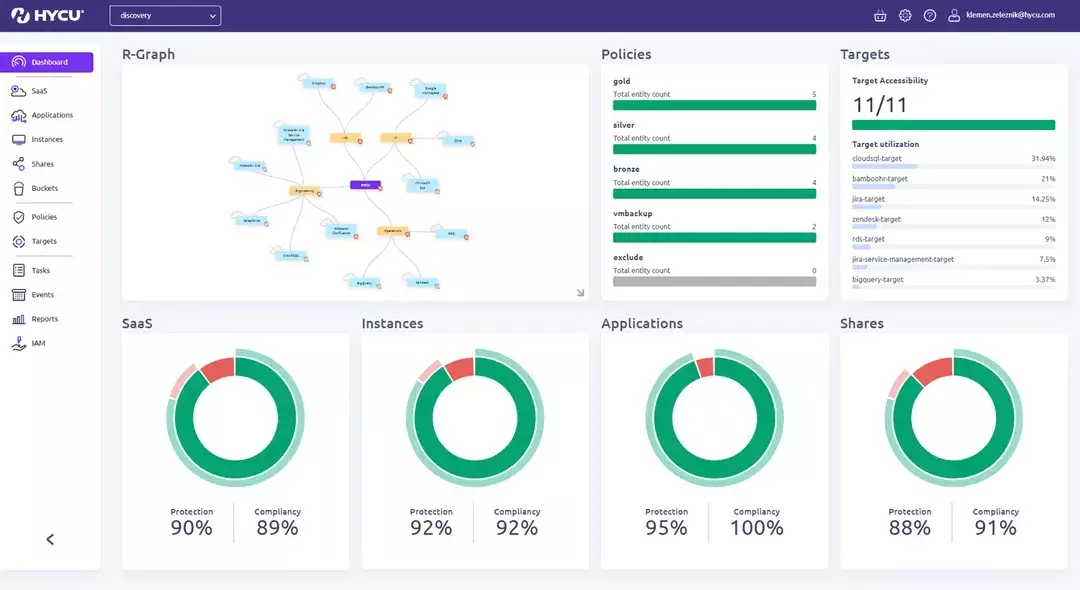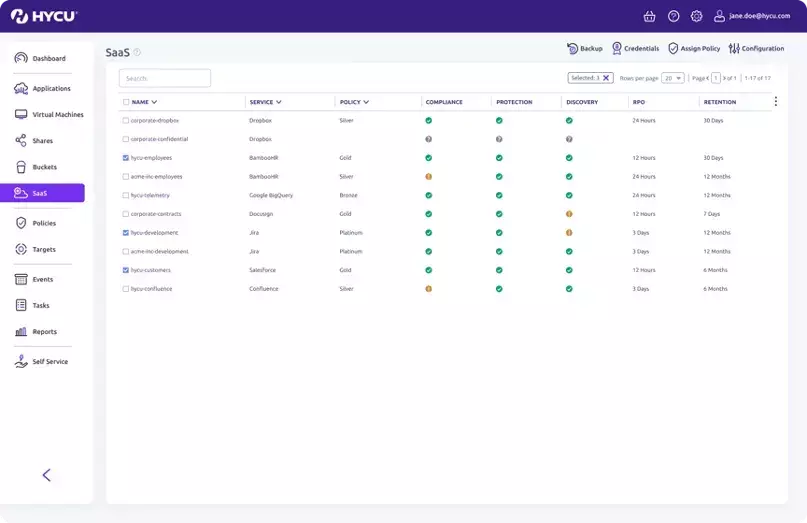Backup & recovery for your as-a-Service has never been so easy!
Finally, a data protection solution that is built to scale to protect the world's thousands of as-a-Service applications, and seamlessly integrates with your cloud & on-premises infrastructure.
Simple, reliable backup & recovery for your business-critical SaaS apps and cloud services.
Now available for the following applications:
Overview
Gain the peace of mind that comes with ransomware-proof backups and granular recovery objectives.
Over 50% of ransomware attacks are carried out on as-a-Service applications and cloud services. Powered by the world's first and only development platform for data protection, R-Cloud, HYCU offers businesses a simple, effective way to protect their business-critical application data.
- Purpose-built backup & recovery for each app protected.
- 100% true SaaS. No agents, no maintenance, no updates, no hassles.
- Decrease TCO with a single vendor for all your data protection needs.
Customer Loyalty
HYCU is a Leader in SaaS Backup Software
Read why HYCU customers love our simple, flexible data protection software and have ranked us as a leader in SaaS Backup on G2, the world's largest tech marketplace.
Features
See, manage, protect & recover your as-a-Service data - all from a single UI.
Image

See your entire data estate.
- Combat Shadow IT with R-Graph, which provides a comprehensive visualization of the entire data estate including public and private clouds.
- Intuitive icons enable you to quickly identify the protection status of each SaaS, DBaaS and PaaS app within your estate.
Image

Simplify management.
- Single pane of glass dashboard provides a bird's eye view of the data estate that can easily be navigated so admins can manage all data protection policies from a single UI.
- Self-service from day 1 - Deliver role-based access controls and empower SaaS admins and users to to protect and restore critical data when they need to.
Image

Protect with ease & recover with confidence.
- One-click simplicity for backup - Pre-defined policies enable users to "set and forget" backup policies with just a single click.
- Granular, application-consistent recovery - Quickly recover granular elements across your as-a-Service applications, all in the terminology native to each application.
Experience the #1 SaaS data protection platform
Seriously, you really need to experience HYCU to believe it.







